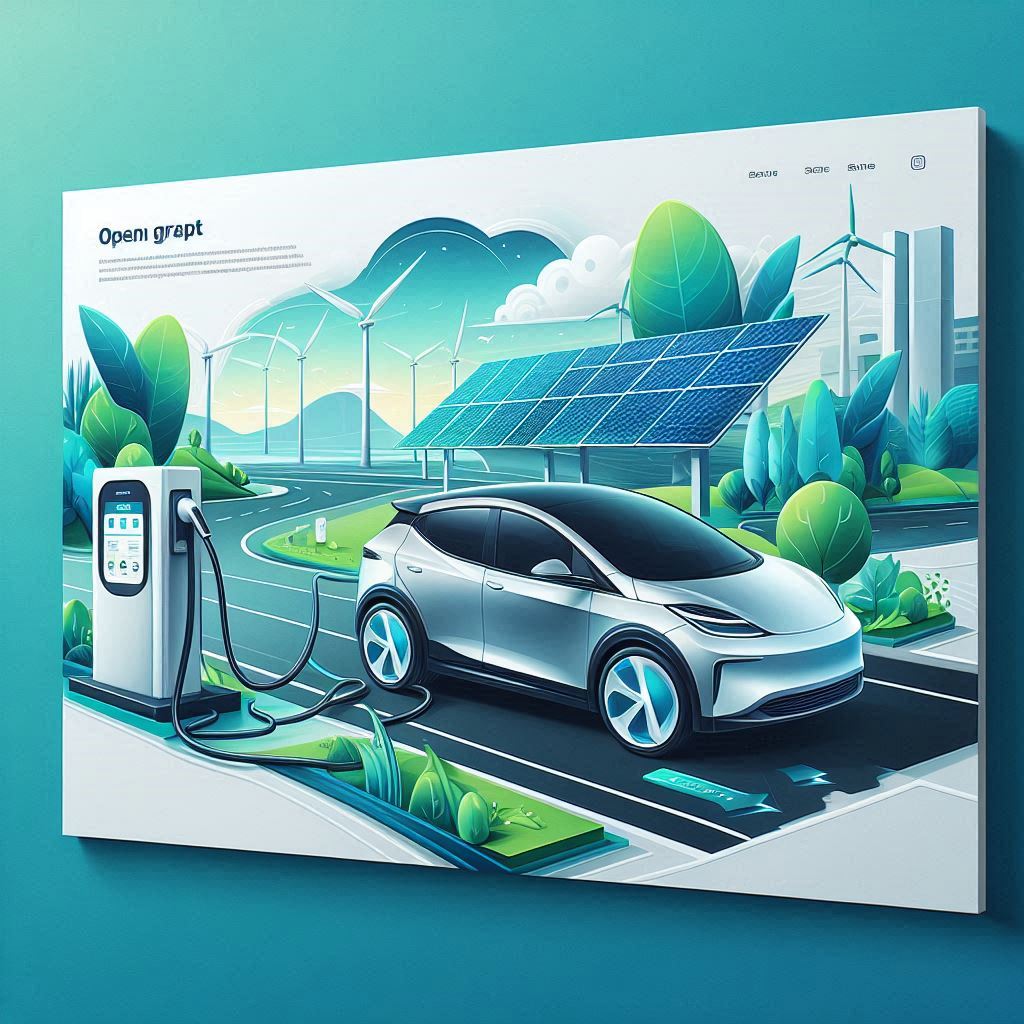
Solar Panels: Your Complete Guide to Going Solar in 2025
So you're thinking about going solar? Smart move! I've spent years researching renewable energy, and I can tell you that solar panels have never been a better investment than they are right now.
Why I'm Bullish on Solar (And You Should Be Too)
Here's the thing: solar panels are basically magic. You install these sleek panels on your roof, and they just... make electricity from sunlight. No moving parts, no fuel costs, no drama. And unlike five years ago, solar isn't just for wealthy eco-warriors anymore—it's genuinely cost-effective for most homeowners.
I've watched prices drop by nearly 70% over the past decade while efficiency has gone up. That means you get more power from fewer panels, and you break even way faster than you used to.
What's In It For You?
- Slash your electricity bills – I'm talking 50-90% reduction depending on your setup
- Boost your home's value – Homes with solar sell for 4% more on average
- Energy independence – Less reliance on the grid means less worry about rate hikes
- Set it and forget it – Seriously, these things need almost zero maintenance
- Feel good about your impact – Every kWh you generate is one less from fossil fuels
Getting Started: What You Need to Know
Before you call an installer, here's what actually matters:
Location, Location, Location
South-facing roofs are ideal in the Northern Hemisphere, but east and west work too. The key is avoiding shade—even a little bit of shade from a tree or chimney can tank your output. I learned this the hard way when helping my neighbor plan their system!
Don't DIY Unless You Really Know What You're Doing
Look, I love a good DIY project, but solar installation involves electrical work, permits, and connecting to the grid. Unless you're a licensed electrician, hire a pro. They'll handle the site assessment, permitting, installation, and grid connection. It's worth it for the peace of mind alone.
My Top Portable Solar Panel Picks
Whether you're just testing the waters with solar or need portable power for camping and emergencies, these panels are solid choices:
- Jackery SolarSaga 100W Panel – This is the one I recommend to friends starting out. Jackery's stuff just works, and this panel pairs perfectly with their power stations. Highly portable and efficient, this panel is ideal for camping, RVs, and pairing with portable power stations like Jackery and EcoFlow. Lightweight and easy to set up.
- Renogy 200 Watt 12 Volt Kit – If you're serious about RV or off-grid power, Renogy is the name that keeps popping up in van life forums. This kit has everything you need to get started. A top choice for home and RV solar installations, known for reliability, expandability, and ease of use for beginners and pros alike.
- ZOUPW 100W Portable Solar Panel – Great budget option if you want to experiment without breaking the bank. Foldable and rugged, this panel is perfect for off-grid adventures, camping, and emergency backup.
- TECKNET 231 LED Motion Sensor Outdoor Lights – Want a taste of solar without commitment? These solar-powered security lights are brilliant—literally. Set them up once and forget about them. Best-selling solar lights for outdoor security and garden lighting, easy to install and highly rated for brightness and durability.
The Maintenance Myth
Here's some good news: solar panels are the lazy person's dream. Seriously, they need almost nothing from you. Rain usually takes care of cleaning them, but if you live somewhere dusty, hit them with a garden hose a couple times a year. That's it.
Check for leaves and debris occasionally, make sure nothing's casting new shadows, and you're done. Most panels come with 20-25 year warranties, and they typically keep producing at 80%+ efficiency even after that. My friend's parents have had their system for 18 years and haven't had a single issue.
Let's Talk Money (The Part You Actually Care About)
I won't sugarcoat it—solar requires upfront investment. A typical residential system runs $15,000-$25,000 before incentives. But here's where it gets interesting:
- Federal tax credit: You can claim 30% of your system cost back on your taxes (yes, really)
- State incentives: Many states offer additional rebates and credits
- ROI timeline: Most homeowners break even in 6-10 years, sometimes faster
- System lifespan: 25-30+ years, meaning 15-20 years of essentially free electricity after payback
Plus, your electricity costs are locked in. While your neighbors watch their utility bills climb every year, you're sitting pretty with predictable, minimal costs. That's worth something.
Bottom Line
Solar panels aren't perfect for everyone—if your roof is completely shaded or you plan to move soon, they might not make sense. But for most homeowners who plan to stick around for a while, solar is one of the smartest investments you can make. Your wallet and the planet will thank you.